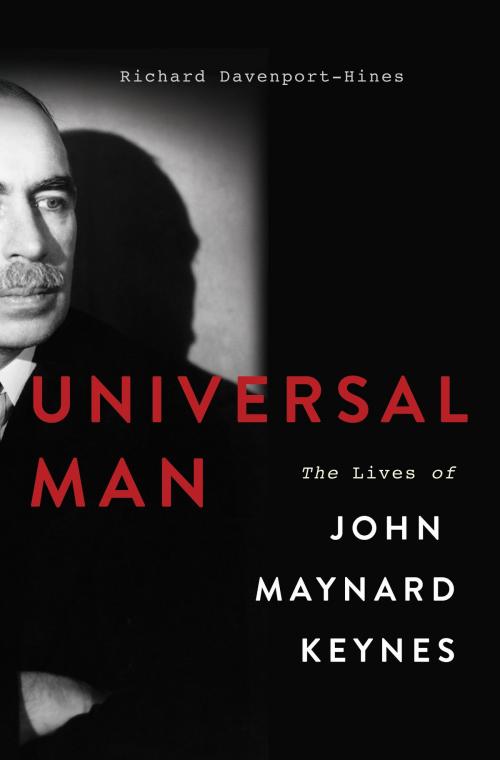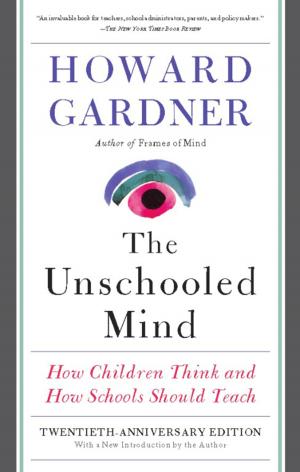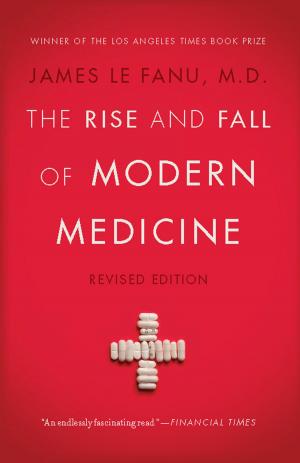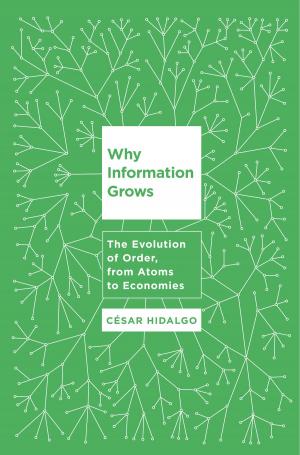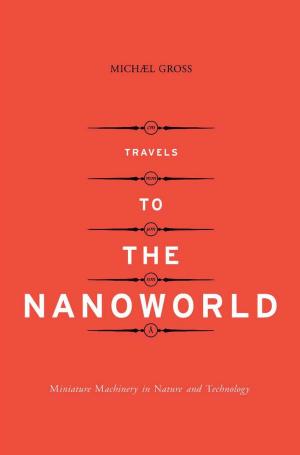Universal Man
The Lives of John Maynard Keynes
Biography & Memoir, Philosophers, Business & Finance, Economics, Economic History, Historical| Author: | Richard Davenport-Hines | ISBN: | 9780465060665 |
| Publisher: | Basic Books | Publication: | May 12, 2015 |
| Imprint: | Basic Books | Language: | English |
| Author: | Richard Davenport-Hines |
| ISBN: | 9780465060665 |
| Publisher: | Basic Books |
| Publication: | May 12, 2015 |
| Imprint: | Basic Books |
| Language: | English |
John Maynard Keynes (1883-1946) was the twentieth century's most influential economist. His ideas inspired Franklin D. Roosevelt to launch the New Deal and instructed Western nations on how to ward off revolutionary unrest, economic instability, high unemployment, and social dissolution. Keynes was nothing less than the Adam Smith of his time: his The General Theory of Employment, Interest and Moneybecame as important in the twentieth century as Smith's The Wealth of Nations was in the eighteenth. Now, in the long wake of the 2008 global economic collapse, Keynesian economics is once again shaping our world.
In Universal Man, acclaimed historian Richard Davenport-Hines offers the first biography of Keynes that reveals the man in full. Like many Englishmen of his class and era, Keynes compartmentalized his life. Accordingly, Davenport-Hines treats Keynes in turn as a youthful prodigy, a powerful government official, an influential public man, a bisexual living in the shadow of Oscar Wilde's persecution, a devotee of the arts, and an international statesman of worldwide renown. Delving into Keynes's experiences and thought, Davenport-Hines shows us a man who was equally at ease socializing with the Bloomsbury Group as he was persuading heads of state to adopt his policies. Through Davenport-Hines' nuanced portrait, we come to understand not just the most enduringly influential economist of the modern era, but one of the most gifted and vital men of our times: a disciplined logician with a capacity for glee who persuaded people, seduced them, subverted old ideas, and installed new ones.
Engaging, learned, and sparkling with wit and insight, Universal Man is the perfect match for its brilliant subject.
John Maynard Keynes (1883-1946) was the twentieth century's most influential economist. His ideas inspired Franklin D. Roosevelt to launch the New Deal and instructed Western nations on how to ward off revolutionary unrest, economic instability, high unemployment, and social dissolution. Keynes was nothing less than the Adam Smith of his time: his The General Theory of Employment, Interest and Moneybecame as important in the twentieth century as Smith's The Wealth of Nations was in the eighteenth. Now, in the long wake of the 2008 global economic collapse, Keynesian economics is once again shaping our world.
In Universal Man, acclaimed historian Richard Davenport-Hines offers the first biography of Keynes that reveals the man in full. Like many Englishmen of his class and era, Keynes compartmentalized his life. Accordingly, Davenport-Hines treats Keynes in turn as a youthful prodigy, a powerful government official, an influential public man, a bisexual living in the shadow of Oscar Wilde's persecution, a devotee of the arts, and an international statesman of worldwide renown. Delving into Keynes's experiences and thought, Davenport-Hines shows us a man who was equally at ease socializing with the Bloomsbury Group as he was persuading heads of state to adopt his policies. Through Davenport-Hines' nuanced portrait, we come to understand not just the most enduringly influential economist of the modern era, but one of the most gifted and vital men of our times: a disciplined logician with a capacity for glee who persuaded people, seduced them, subverted old ideas, and installed new ones.
Engaging, learned, and sparkling with wit and insight, Universal Man is the perfect match for its brilliant subject.
